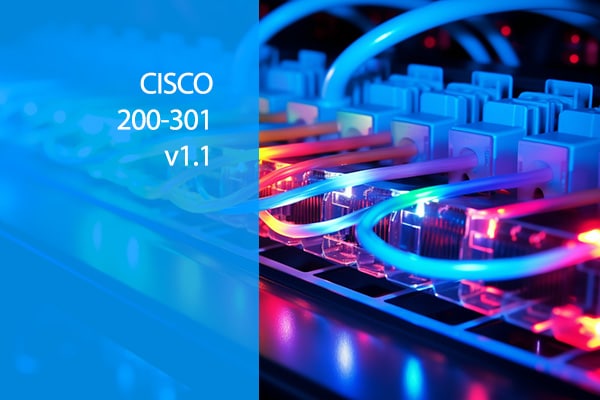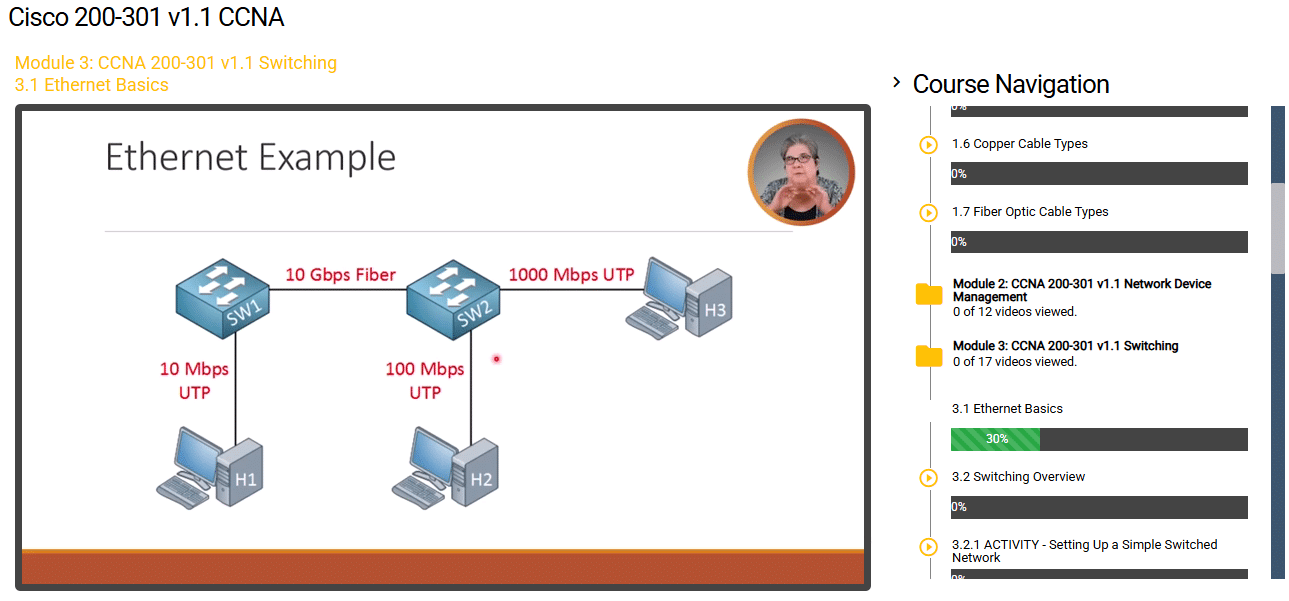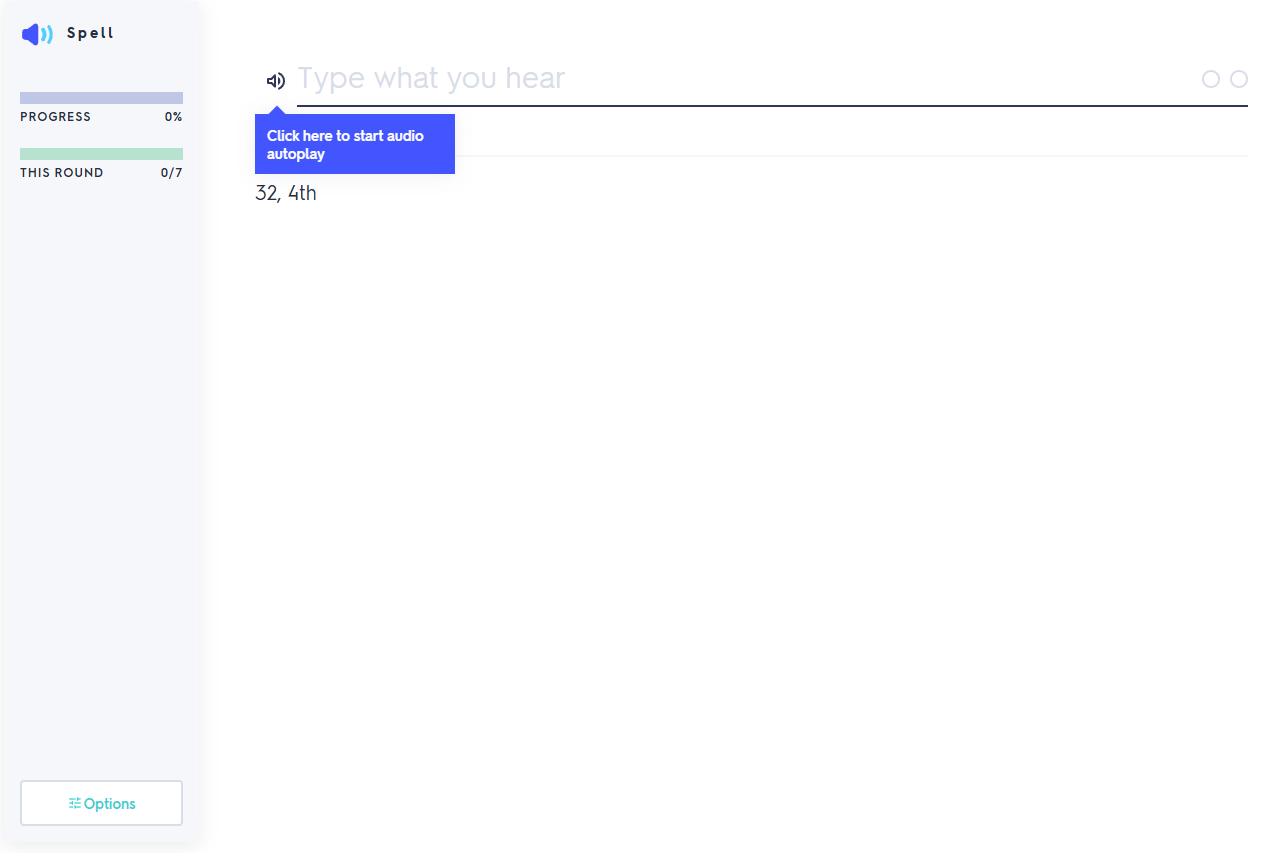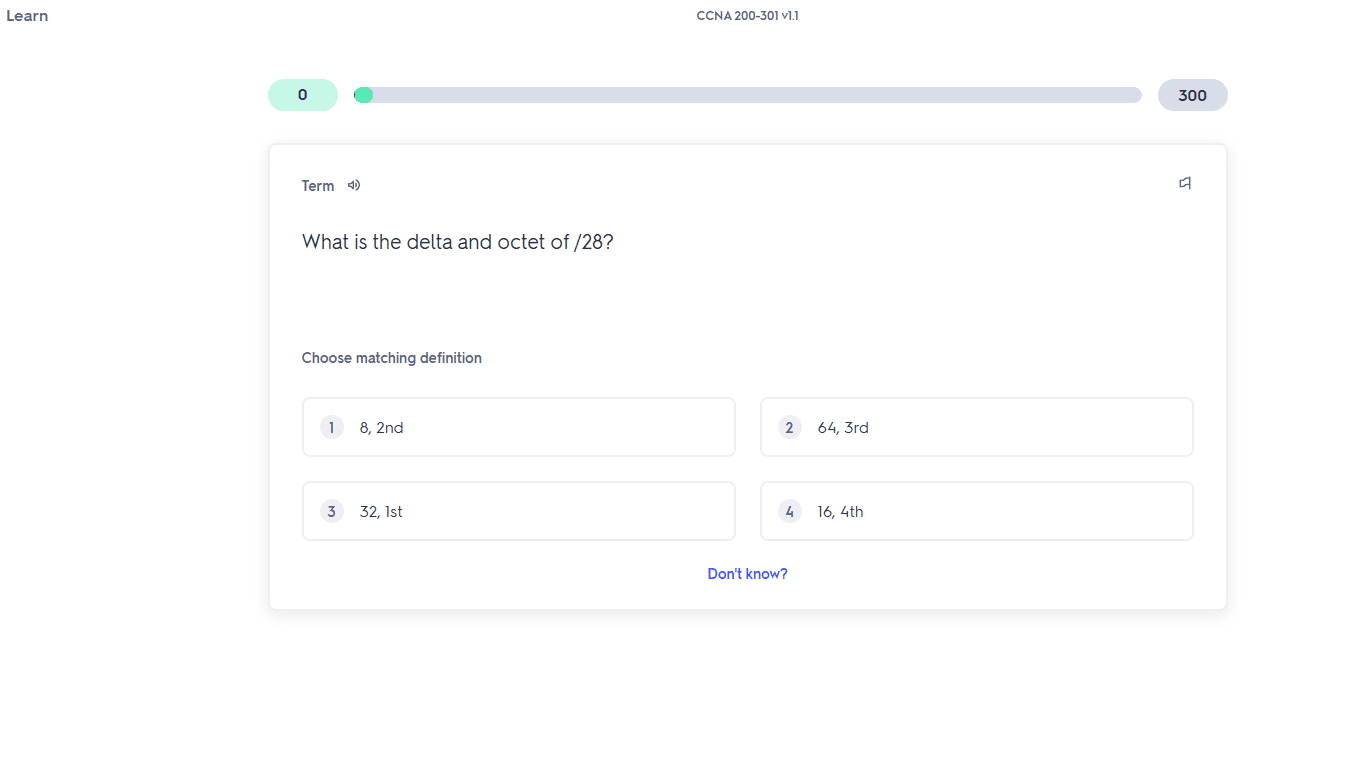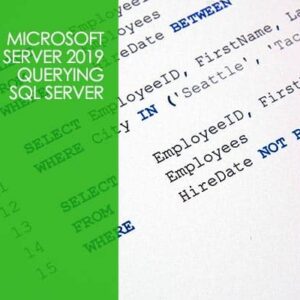Elevate Your Networking Career with CCNA Certification
The Cisco Certified Network Associate (CCNA) 200-301 certification is a key milestone for IT professionals looking to advance their networking expertise. Dooey Online, offers a dynamic and comprehensive training program designed to fully prepare you for the CCNA 200-301 v1.1 exam—the crucial step toward earning your certification.
Course Overview
Our online CCNA training dives deep into essential networking concepts, ensuring a thorough understanding of:
- Routing Protocols: Develop expertise in OSPFv2 for IPv4, OSPFv3 for IPv6, and EIGRP for both protocols, allowing seamless and efficient network routing.
- Switching Technologies: Gain mastery in VLANs, Spanning Tree Protocol (STP), and EtherChannel configurations (static, PAGP, and LACP) to enhance network efficiency and reliability.
- WAN Technologies: Learn about critical WAN protocols, including PPP, MLPPP, PPPoE, and GRE, to implement secure and scalable wide-area network connections.
- Quality of Service (QoS): Understand methods for prioritizing voice, video, and data traffic to ensure smooth and high-quality network performance.
- Device Monitoring & Security: Utilize SNMPv2 and SNMPv3 for effective device monitoring, and implement robust security measures using AAA protocols with TACACS+ and RADIUS.
- Emerging Networking Trends: Explore AI and machine learning integration in network operations, keeping you ahead in a rapidly evolving industry.
Why Choose Dooey’s CCNA Training?
- Expert-Led Instruction: Gain insights from industry professionals with extensive experience in Cisco technologies.
- Self-Paced Learning: Enjoy the flexibility of accessing course materials anytime, anywhere, to fit your schedule.
- Comprehensive Curriculum: Our training aligns with the latest CCNA exam objectives, ensuring you acquire the necessary skills for certification.
- Hands-On Experience: Apply theoretical knowledge through practical labs and real-world scenarios to reinforce learning.
Who Should Enroll?
- Aspiring Network Professionals: Individuals looking to enter the field with a solid foundation in Cisco networking.
- Experienced IT Specialists: Network administrators and IT professionals seeking to enhance their skills and stay updated with industry standards.
Unlock New Career Opportunities
Earning your CCNA certification can open doors to a variety of roles, such as network administrator, network engineer, and IT support specialist. By mastering in-demand networking skills, you’ll position yourself for career growth in the ever-evolving IT landscape.
Enroll Today
Take charge of your professional development with Dooey’s CCNA 200-301 online training. Start learning today and gain the expertise needed to thrive in the networking industry.
Course Outline:
Module 1: CCNA 200-301 v1.1 Network Fundamentals
1.1 Intro to Networking
1.2 OSI Model
1.3 TCP-IP
1.4 Network Components
1.5 Network Topology
1.6 Copper Cable Types
1.7 Fiber Optic Cable Types
Module 2: CCNA 200-301 v1.1 Network Device Management
2.1 Connecting to a Cisco Device
2.1.1 ACTIVITY – Intro to Packet Tracer
2.2 Basic Cisco Commands
2.2.1 ACTIVITY – Navigating the CLI
2.3 Configuring for Connectivity
2.3.1 ACTIVITY – Configuring a Router Interface
2.3.2 ACTIVITY – Making a Remote Telnet Connection
2.3.3 ACT – Making a Remote SSH Connection
2.4 Neighbor Discovery
2.4.1 ACT – Discovering Neighbors
2.5 Basic Troubleshooting
2.6 Review
Module 3: CCNA 200-301 v1.1 Switching
3.1 Ethernet Basics
3.2 Switching Overview
3.2.1 ACTIVITY – Setting Up a Simple Switched Network
3.3 Spanning-Tree Protocol
3.4 Rapid PVST+
3.5 VLANs
3.6 VLAN Trunking Protocol
3.6.1 ACTIVITY – Creating Trunk Links
3.7 VLAN Trunking Protocol (VTP)
3.8 VLAN Routing
3.8.1 ACTIVITY – Configuring the VLAN 1 Interface on a Switch
3.8.2 ACTIVITY – Routing Between VLANs
3.9 Switchport Configuration
3.9.1 ACTIVITY – Configuring Voice and Data VLANs
3.10 EtherChannel
3.10.1 ACTIVITY – Bundling Links into an EtherChannel
3.11 Review
Module 4: CCNA 200-301 v1.1 Internet Protocol (IP)
4.1 IPv4 Basics
4.2 IP Packet and Interface Types
4.3 Binary Numbering System
4.4 Classful and Classless Addressing
4.5 IPv4 Subnetting
4.5.1 ACTIVITY – Moving the Subnet Mask
4.6 Subnetting in Other Octets
4.6.1 ACTIVITY – Subnetting
4.6.2 ACTIVITY – Subnetting by Host Requirements
4.6.3 ACTIVITY – Grouping Hosts into Subnets
4.7 Supernetting
4.7.1 ACTIVITY – Supernetting
4.8 IPv6
4.9 Review
Module 5: CCNA 200-301 v1.1 Routing
5.1 Introducing the Route
5.2 Routing Basics
5.3 Packet Delivery on the Same Network
5.4 IP Routing Across a Single Router
5.4.1 ACTIVITY – Configuring Basic Routing
5.5 IP Routing Across Multiple Routers
5.5.1 ACTIVITY – Configuring IPv4 Static Routes
5.5.2 ACTIVITY – Adding Special Static Routes
5.6 Routing Protocols Overview
5.7 Route Selection
5.8 Open Shortest Path First (OSPF)
5.8.1 ACTIVITY – Deploying Single Area OSPF
5.9 First Hop Redundancy Protocol (FHRP)
5.10 Network Address Translation (NAT)
5.10.1 ACTIVITY – Implementing Static NAT
5.10.2 ACTIVITY – Using a NAT Pool
5.10.3 ACTIVITY – Configuring PAT
5.11 Review
Module 6: CCNA 200-301 v1.1 IP Services
6.1 Remote Control
6.2 File Transfer
6.3 Monitoring
6.4 Infrastructure
6.4.1 ACTIVITY – Implementing a DHCP Relay
6.5 Quality of Service
6.6 Review
Module 7: CCNA 200-301 v1.1 Wireless
7.1 Wi-Fi Principles
7.2 Cisco Wireless Architectures
7.3 WLC Configuration
7.3.1 ACT – Configuring a WLAN
7.4 Review
Module 8: CCNA 200-301 v1.1 Security Fundamentals
8.1 Intro to Security
8.2 Local Device Access Control
8.3 Protecting Privileged EXEC Mode
8.4 Password Management
8.5 Local User
8.6 Password Recovery
8.6.1 ACTIVITY – Password Recovery
8.7 Remote Access
8.8 Access Control List (ACL)
8.8.1 ACTIVITY – Deploying a Standard ACL
8.8.2 ACTIVITY – Deploying an Extended ACL
8.9 DHCP Snooping
8.10 Dynamic ARP Inspection (DAI)
8.11 Layer 2 Port Security
8.11.1 ACTIVITY – Securing Layer 2 Ports
8.12 Authentication, Authorization and Accounting (AAA)
8.13 Wireless Security
8.14 Review
Module 9: CCNA 200-301 v1.1 Automation and Programmability
9.1 Network Automation Overview
9.2 Software Defined Networks
9.3 JSON
9.4 REST APIs
9.5 Management Mechanisms
9.6 AI in Network Operations
9.7 Review
Frequently Asked Questions Related to Cisco CCNA v1.1 (200-301)
The CCNA Certification 200-301 is a foundational-level certification offered by Cisco, designed to validate a candidate’s knowledge and skills related to networking fundamentals, IP services, security fundamentals, automation, and programmability. It is one of the most sought-after credentials for networking professionals.
There are no formal prerequisites for the CCNA 200-301 exam, but it is recommended that candidates have a basic understanding of networking concepts and some hands-on experience with Cisco devices. Having knowledge of IP addressing and network fundamentals will help in preparing for the exam.
To prepare for the CCNA 200-301 exam, you can use Cisco’s official study resources, including the CCNA Study Guide, online courses, lab exercises, and practice tests. It is also beneficial to have practical experience working with Cisco routers and switches to reinforce theoretical knowledge.
The CCNA 200-301 exam covers a broad range of topics, including network fundamentals, network access, IP connectivity, IP services, security fundamentals, automation, and programmability. These topics ensure that candidates have a well-rounded knowledge of networking concepts and Cisco solutions.
The CCNA 200-301 certification is valid for three years from the date of passing the exam. To maintain the certification, candidates must either pass the recertification exam or earn Continuing Education (CE) credits within the three-year period.
Your Training Instructor

Chrys Thorsen
Education and Technology Expert
Chrys Thorsen is a seasoned education and technology expert specializing in enterprise-level IT infrastructure consulting and certified trainer development. With a career spanning numerous achievements, she has earned over 50 IT certifications, including CISSP, CISA, CEHv12, PenTest+, CompTIA CNVP, Cisco CCSI/CCNP, Microsoft Cloud and on-premises technologies, and VMware vSphere. She has also authored 40 published certification textbooks and produced over 35 full-length IT certification video courses.
Beyond her work in the United States, Chrys dedicates time to advancing IT literacy in developing nations across Sub-Saharan Africa. Her clients include the U.S. Federal Government, the Republic of Zambia Ministry of Health, Cavendish University Zambia, Accenture, JP Morgan Chase, the U.S. Centers for Disease Control and Prevention, the Elizabeth Glaser Pediatric AIDS Foundation (EGPAF), Hughes Aircraft, Microsoft, and others.
She stands by her professional philosophy:
“The only true measure of success for any project or training is results on the ground. Everything else is just noise.”
“I teach what I deploy; I deploy what I teach.”
